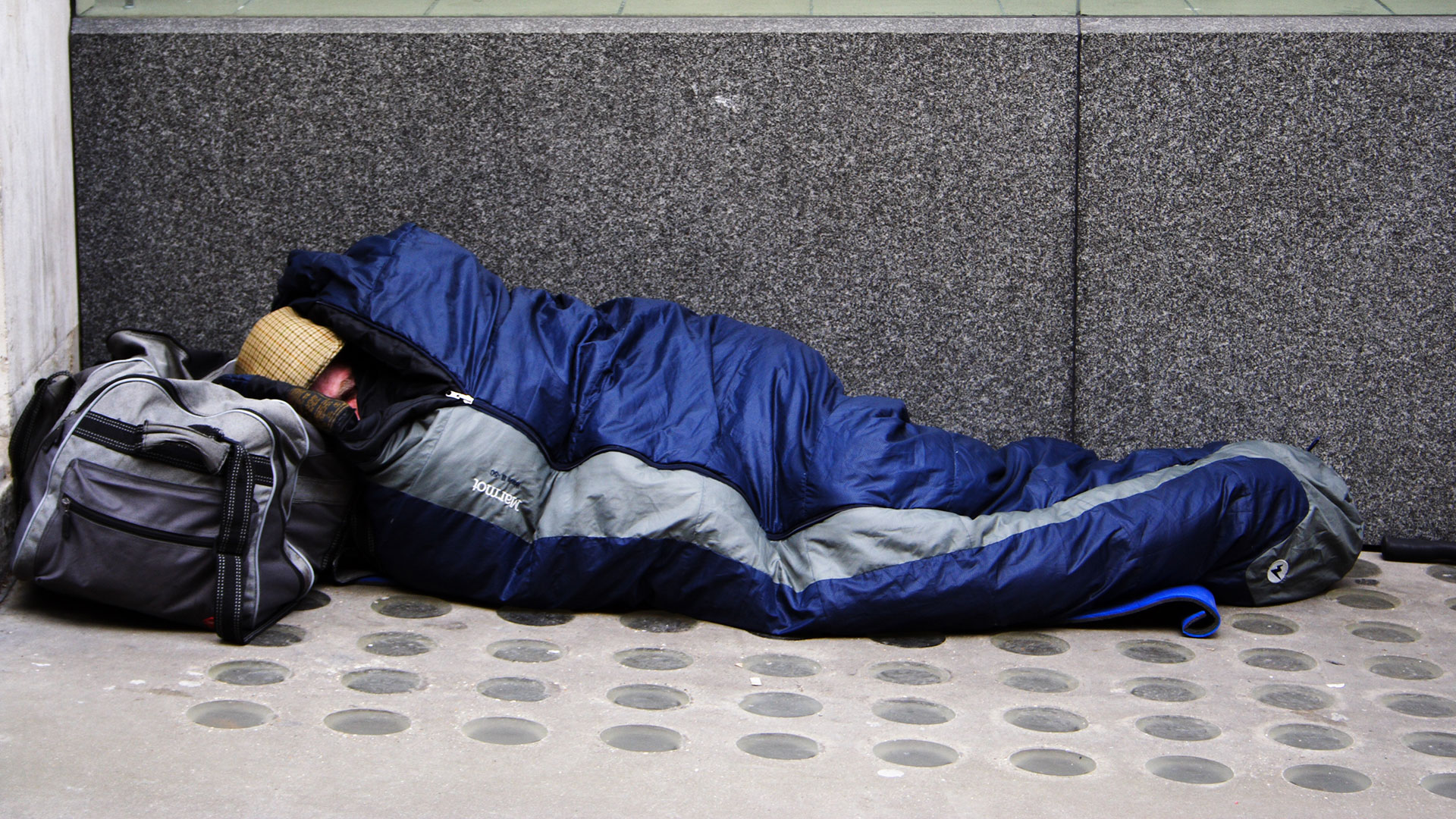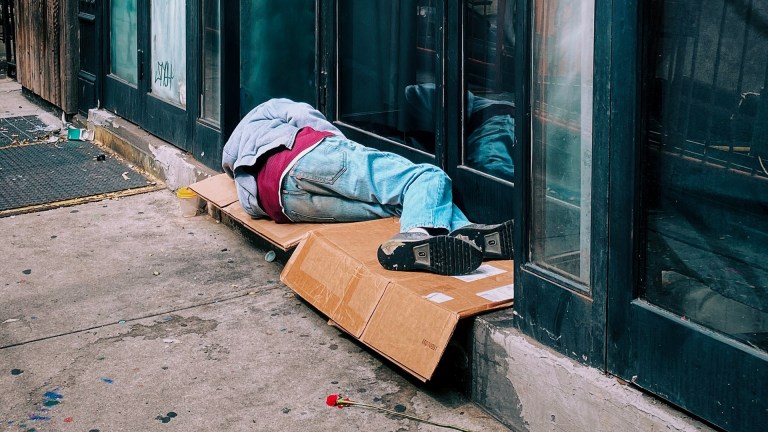Report co-author Dr Luke Heselwood said: “A year on, new homelessness legislation isn’t hitting the mark and too many vulnerable young people are not getting the support they desperately need.
“If ministers are serious about tackling youth homelessness then they need to provide more long-term funding and ensure all public services are engaged in prevention.”
Also under the HRA, public bodies like young offenders institutions, job centres and A&E departments are required to let local housing teams know if they think someone might be homeless or at risk of becoming homeless.
Reform’s analysis revealed that up to 22 per cent of young people referred in these instances were not actually homeless or at risk of it. In a quarter of local authorities, at least half of all referrals were incorrect.
And in seven per cent of cases, councils gave staff no ‘duty to refer’ training at all.
Experts are demanding services like hospitals and schools, which are likely to encounter young homeless people, to take more responsibility.
Housing benefit caps for under 35s and lower benefit rates for under 25s are making the youth homelessness crisis worse, the think tank said, and the government should review these policies urgently.
Short term grant funding has left local authorities trying to improve services “with a hand tied behind their backs”, the report showed.
The think tank wants a new digital national youth homelessness service to be introduced and made available to all young people, offering one-to-one chats and crisis messenger services, to reduce variations in service approaches between councils and ease the pressure on local housing teams.
Local Government Association housing spokesman Cllr Martin Tett said: “Behind every instance of homelessness lies an individual tragedy.
“More than 70,000 families and over 120,000 children are being housed in temporary and emergency accommodation, which is not good for them and unsustainable for councils, who are having to divert more of their funding away from preventing homelessness and towards supporting people in crisis.
“This report identifies a number of challenges for helping young people at risk of homelessness and it is crucial that government responds by adapting welfare reforms, enabling councils to build more homes, and properly funding councils to deliver services that end homelessness by preventing it happening in the first place.”









